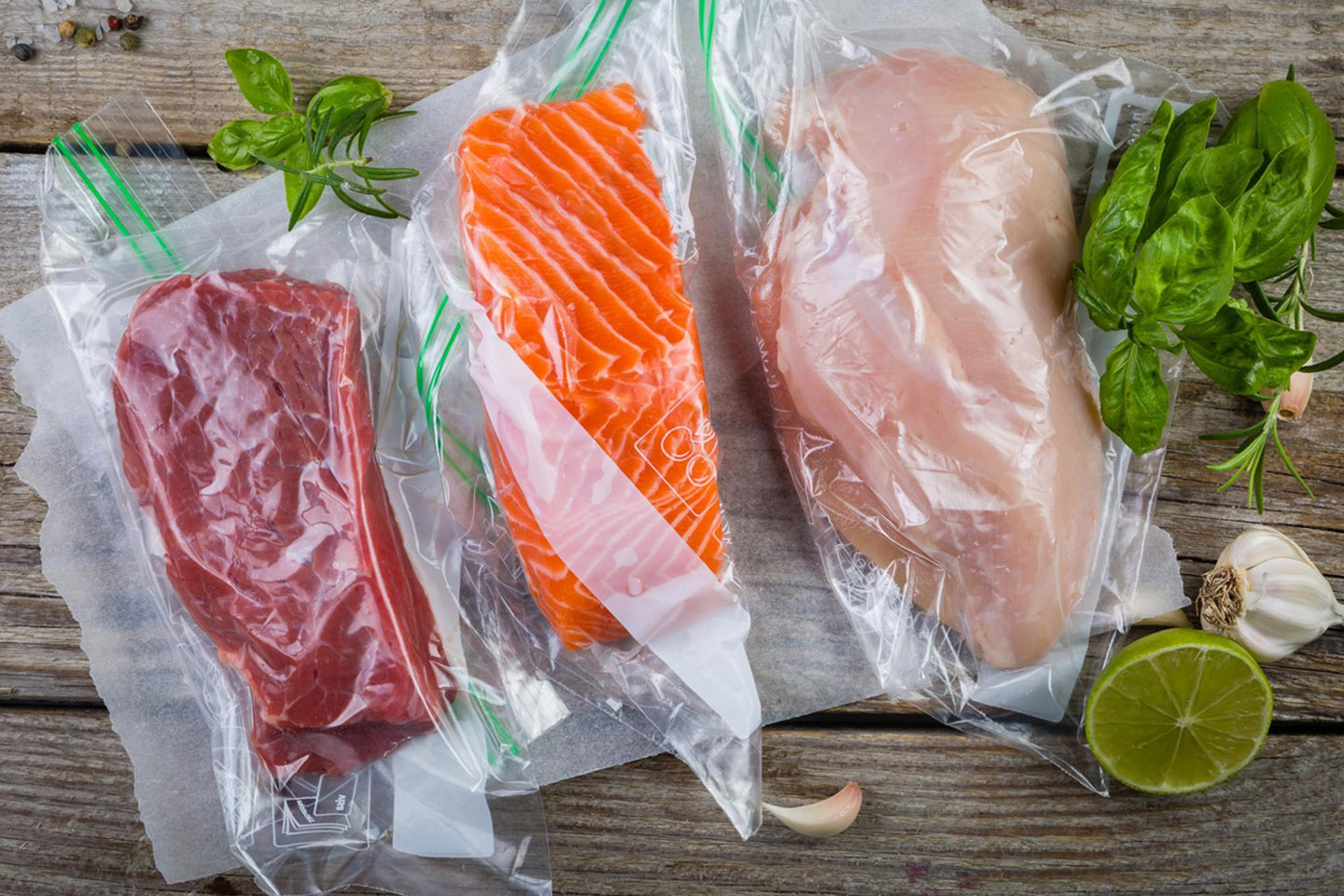Posıtıve Aspects Of Plastıc
As you know, we see news titled “the harmful effects of plastic” in many media tools. They put the blame of environmental pollution caused by user errors on companies and manufacturers without any reservations. There are countless derivatives of bio-plastics available that are soluble in nature. Plastics are organic polymers which are converted to the final product by various methods of production.
Considering the technical features such as hardness, flexibility, rigidness, heat resistance and chemical resistance, the final materials are obtained by selecting the appropriate raw materials and adding additional additives if necessary.
As plastics make our lives more comfortable, some of the methods it helps improve our planet are:
It reduces packaging costs, package weights and energy costs. It plays a major role in establishing sterile and medical environments with more affordable costs. For the purpose of reducing the CO2 (Carbon dioxide) emissions as well as the use of fuel and oil, it is highly beneficial for reducing the weight of many vehicles including planes
It reduces the level of waste as well as maintaining the freshness of many foods and protecting them from external pollution. Just think about it, would you take a packaged food in a metal or glass package?
It facilitates the production and use of many renewable energy resources such as wind turbines, solar panels and batteries.
With the use of plastic insulation materials, we are able to use our houses and household appliances more efficiently. After all, if the integrity of the electrical home appliances were completed with plastic, there would probably be a lot of unpleasant accidents such as electric shocks
We love our phones and computers. Can you think of their plastic cases as metals? Can you imagine how heavy they would be or what could happen if their circuits were made of metal?
In recent years, bio-plastics have started to gain importance with the increase of environmental concerns and assumptions that oil resources will run out. The term “bio-plastic” does not have a very clear definition and contains many different plastic groups. There is a plastics group called “biobased plastics”, which are totally produced using biologic, recyclable resources. Another group is “biodegradable” plastics, which are recyclable plastics. Many bio-plastics fit both of these two definitions.
All in all, manufacturers and firms work with safer, economical materials and offer them to consumers. If we see our mistakes as consumers, we will understand that plastics are not to blame.



